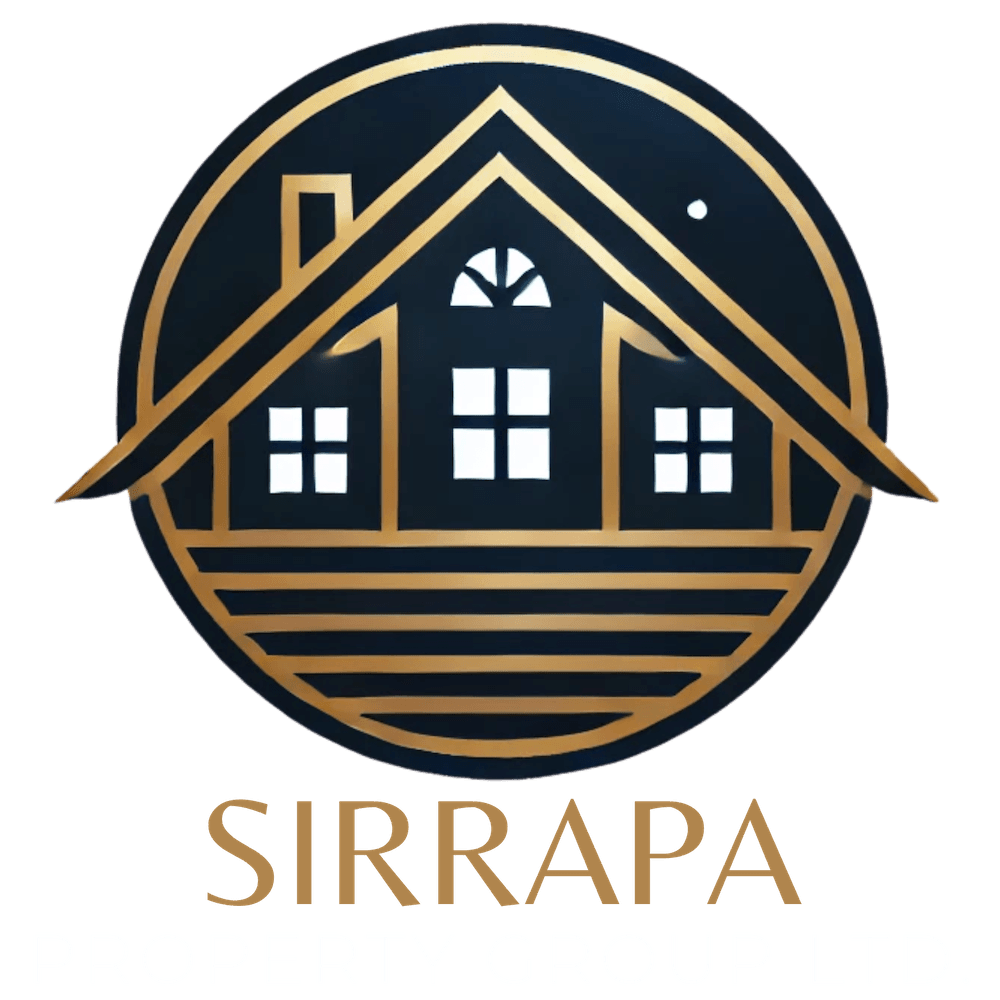Unlocking Value: A Guide to Commercial-to-Residential Conversions in Milton Keynes
AP
Introduction to Commercial-to-Residential Conversions
In recent years, the property landscape of Milton Keynes has witnessed a dynamic shift. As businesses evolve and the demand for residential spaces increases, converting commercial properties into residential units has emerged as a lucrative opportunity. This transformation not only optimizes space but also revitalizes communities by blending modern living with historical architecture.

Understanding the Benefits
Commercial-to-residential conversions offer a plethora of benefits. First and foremost, they address the housing shortage by transforming underutilized spaces into functional homes. Additionally, these conversions can be more cost-effective than new builds, as they often require fewer resources and less time to complete.
Moreover, such projects can enhance the aesthetic appeal of an area, preserving unique architectural features while modernizing interiors. They also contribute to sustainability by minimizing the environmental impact associated with new construction.
The Planning Process
Before embarking on a conversion project, thorough planning is essential. Investors and developers must navigate local regulations and obtain necessary permissions. In Milton Keynes, the local council plays a crucial role in approving conversion plans, ensuring that projects comply with zoning laws and community standards.

Working with experienced architects and planners can streamline this process. Their expertise ensures that your project meets all legal requirements and maximizes the potential of the space.
Financial Considerations
Understanding the financial aspects of commercial-to-residential conversions is vital. Initial costs may include purchasing the property, planning fees, and renovation expenses. However, potential returns can be substantial, especially in high-demand areas like Milton Keynes.
- Assess the current market value of commercial properties.
- Calculate estimated renovation costs.
- Project potential rental income or resale value.
Securing appropriate financing can also play a pivotal role in the success of your project. Consider partnering with financial institutions familiar with property conversions to explore suitable loan options.

Designing for Modern Living
The design phase is where creativity meets practicality. Aim to create living spaces that cater to modern lifestyles while retaining elements of the original structure. Open-plan layouts, energy-efficient systems, and smart home technologies are popular choices that increase property appeal.
Collaborate with interior designers who specialize in blending old and new elements to create unique, desirable homes. This balance ensures that conversions stand out in the competitive housing market.
Navigating Challenges
While commercial-to-residential conversions present exciting opportunities, they also come with challenges. Conversion projects might encounter structural limitations, compliance issues, or unexpected costs. A proactive approach to problem-solving and a flexible mindset are crucial to overcoming these hurdles.

Engaging experienced contractors and maintaining open communication with all stakeholders can help mitigate risks and ensure a smooth transition from concept to completion.
Conclusion
Commercial-to-residential conversions in Milton Keynes hold the potential to unlock significant value for investors, developers, and communities alike. By carefully planning, investing wisely, and embracing innovative design, these projects can transform underutilized spaces into vibrant residential neighborhoods. As the demand for quality housing continues to grow, conversions offer a promising pathway to meeting market needs while preserving the character of this unique town.
